Iraqi nation won’t remain silent on anti-terror commanders’ assassination: Fatah Alliance MP
A lawmaker from a major Iraqi political coalition says the Iraqi nation will not remain silent in the face of the assassination of top Iranian anti-terror commander General Qassem Soleimani and his Iraqi trenchmate Abu Mahdi al-Muhandis, deputy head of the Popular Mobilization Units, in a US drone strike near Baghdad airport last year, calling on the Baghdad government to take proper actions.
“The government’s weak position explains the reason behind the silence in the face of American crimes against the two great martyrs Abu Mahdi al-Muhandis and Qassem Soleimani. The Iraqi nation will not forget this crime despite the government’s inaction,” Mukhtar al-Mousawi, a member of the Fatah (Conquest), said.
Izadi politician Saeed Batush also stated that the two fallen anti-terror commanders greatly contributed to the liberation of Iraqi territories from the grip of the Daesh Takfiri terrorists.
“Izadis are grateful to the late commanders, who sacrificed their lives in order to liberate [the northern Iraqi town of] Sinjar from the menace of Daesh,” he said.
“On the second martyrdom anniversary of the commanders, it is worth mentioning that the investigation into their assassinations must be transparent and the results must be accurate in order to bring the main culprits to account and punish them,” Batush pointed out.
Call for mass participation in memorial ceremonies
Separately, Hadi al-Amiri, leader of the Badr Organization, which is part of the Popular Mobilization Units (PMU) or Hashd al-Sha'abi, and secretary general of the Fatal Alliance, called for mass demonstrations across Iraq on the second anniversary of the assassination, which occurred on January 3, 2020.
“We owe a debt of gratitude to these martyred figures. We must, therefore, participate en masse in ceremonies which will be held in their commemoration,” Amiri said.
American forces warned against continued occupation
Moreover, secretary general of Iraq’s anti-terror Asa'ib Ahl al-Haq group says resistance fighters will have the right to target American forces in case they prolong their presence and do not pull out of Iraqi soil according to the set deadline.
“If American forces do not withdraw according to the declared schedule, resistance fighters will rightfully give an appropriate response. It rests with the Iraqi Resistance Coordination Committee to decide when to respond to the occupiers,” Qais Khazali said.
He denounced the announcement that the United States will keep the current 2,500 troops in Iraq, saying, “Iraqi experts must make a decision on the number of foreign advisors, not Washington.”
Earlier this month, Qassim al-Araji, Iraq’s national security adviser, said that a final round of technical talks to formally end the US-led combat mission, which was purportedly formed to fight the Daesh terrorist group, had concluded.
“We are officially announcing the end of the coalition forces’ combat mission,” al-Araji wrote on Twitter, adding that the coalition would continue providing assistance, advice, and training to Iraqi forces.
However, chief Pentagon spokesman John Kirby said that the number of US troops in Iraq won’t change.
“Remember, this is a change in mission, right? Not necessarily a change in physical posture,” he said. “It’s not like today they snap the chalk line and all of a sudden there’s a massive change in the daily operations of our men and women over there.”
“There won’t be a dramatic shift from yesterday to tomorrow, based on how we’ve already been working ourselves into this new mission,” Kirby said.
There are about 2,500 US soldiers and another 1,000 coalition troopers currently based in Iraq. It is unclear how many will remain in the next phase of deployment in Iraq.
Anti-American sentiments have been growing in Iraq since the 2020 assassination, which was directly ordered by former US president Donald Trump.
Two days after the attack, Iraqi lawmakers approved a bill that requires the government to end the presence of all foreign military forces led by the US.
Iraqi resistance groups have been targeting US positions and occupation forces in the Arab country ever since.
Striking Israeli from the ‘shadows’: US daily says Hamas is being commanded by a ‘new leader’
Israeli general threatened with arrest for treating Palestinian as ‘human animals’
Iran’s daily gas use hits new high of 874 mcm
Jewish group urges London police to reverse ban on pro-Palestine protest
Missile fired from Yemen triggers sirens in Israeli-occupied territories
Iran’s petchem exports to hit $13bn in year to March: NPC chief
Iran, E3 diplomats meet in Geneva to discuss removal of sanctions
VIDEO | Press TV's News Headlines


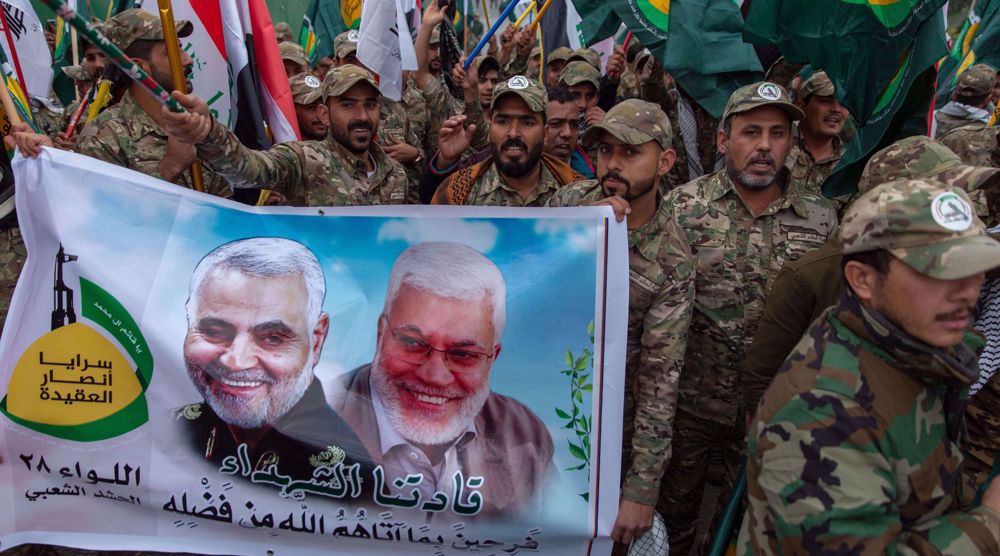
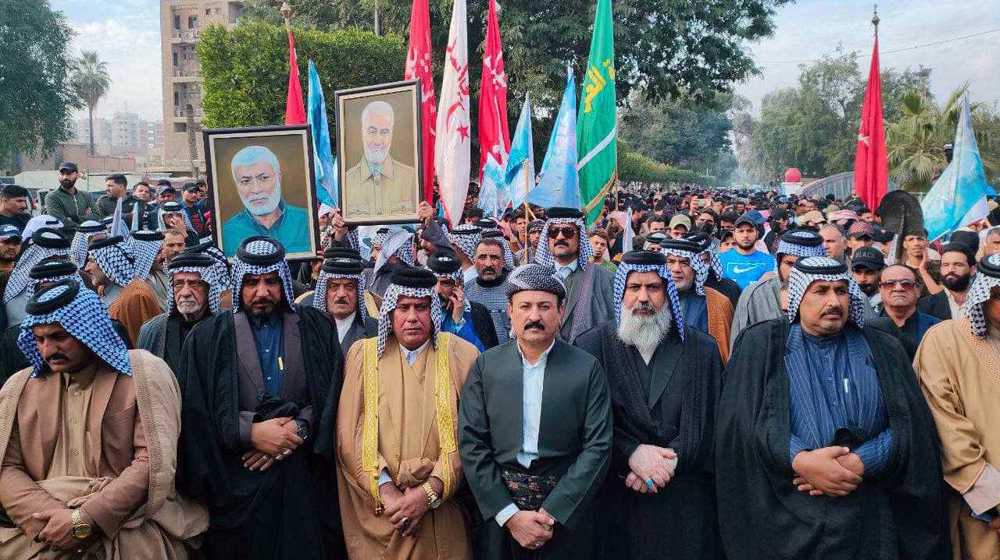
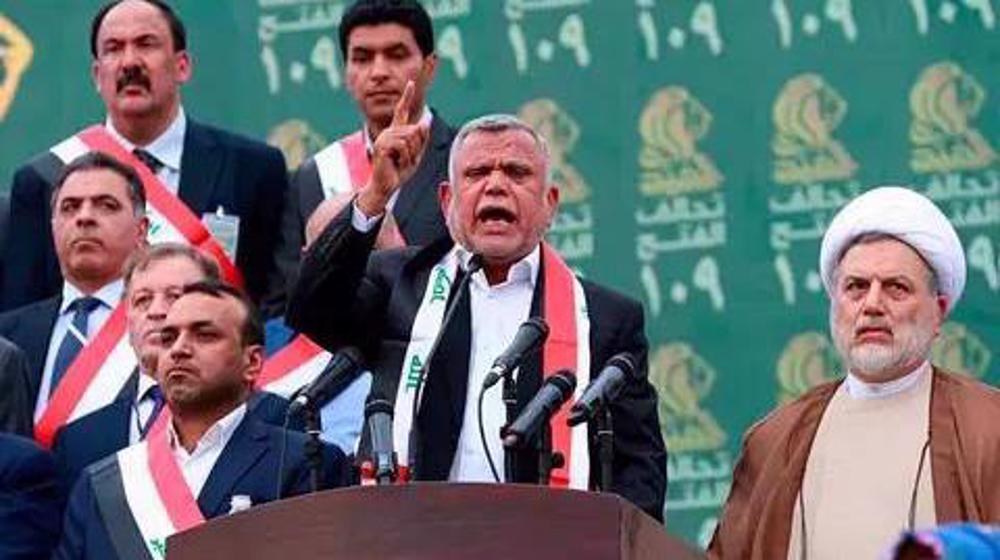
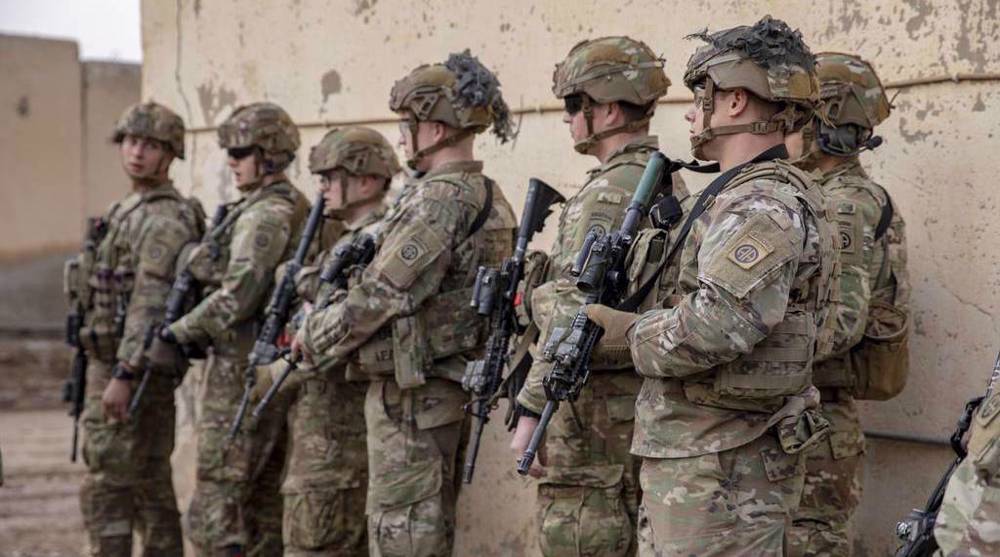
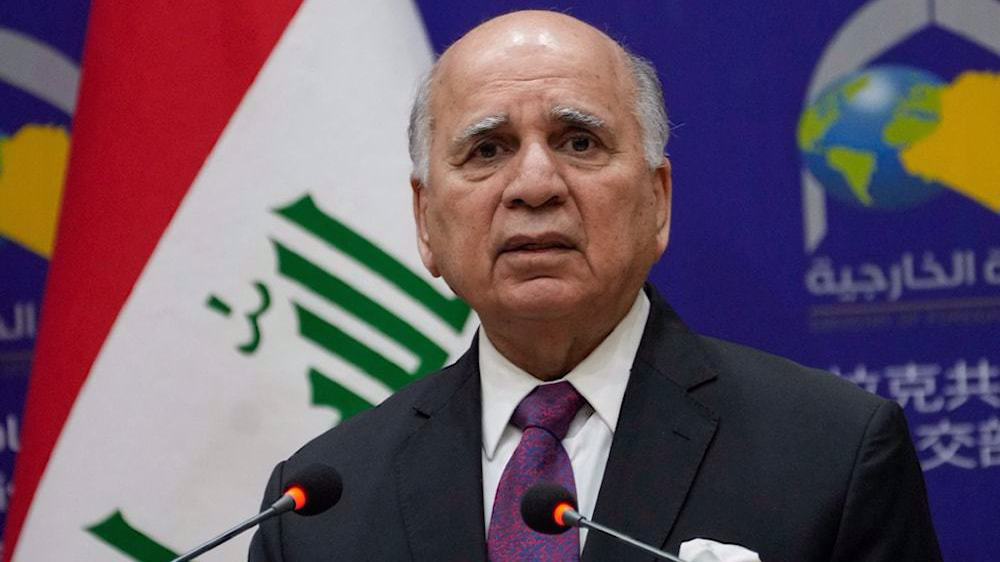
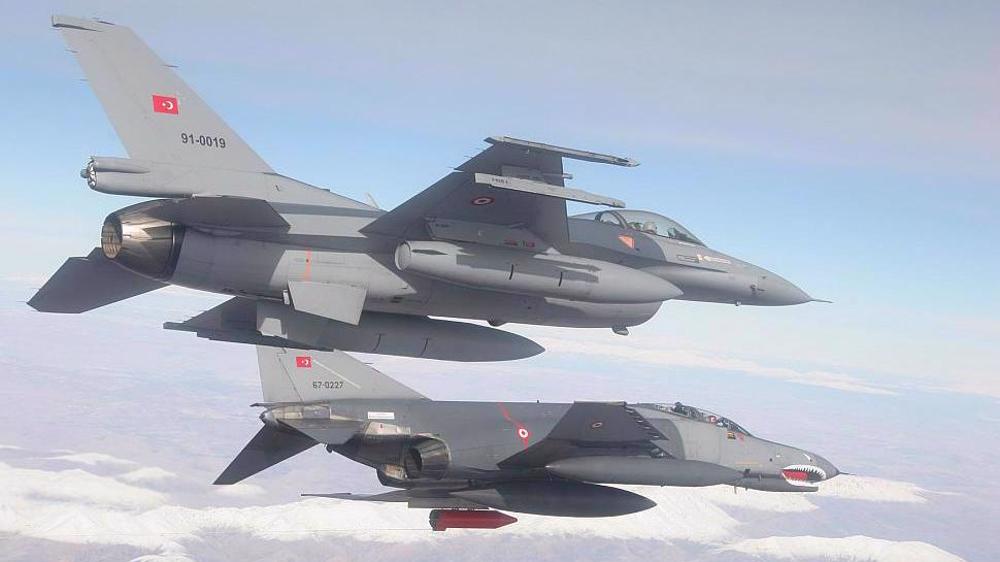
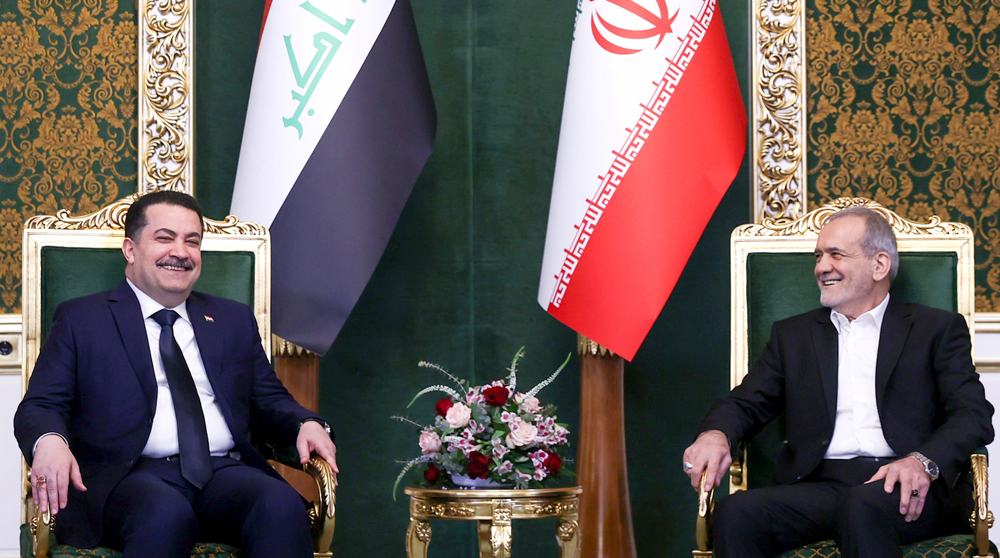



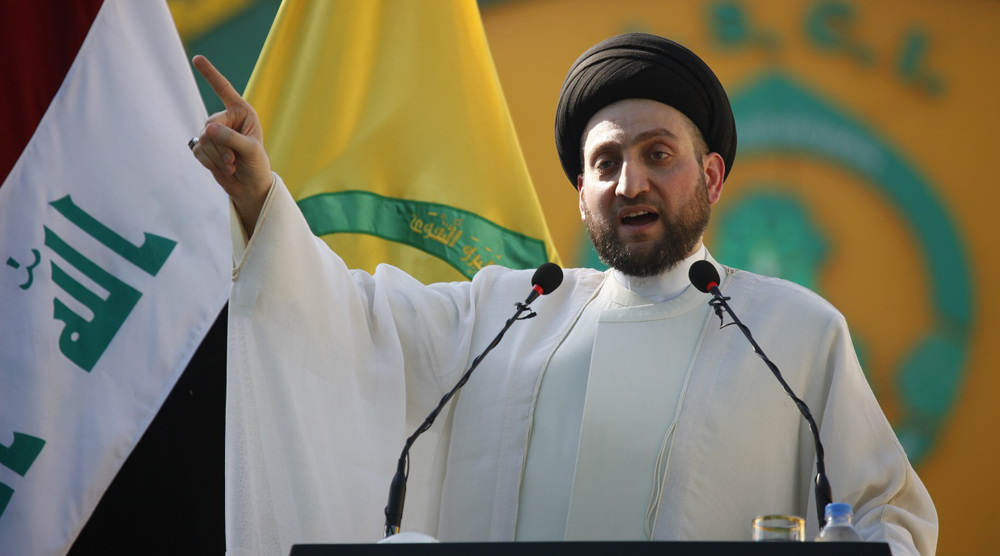
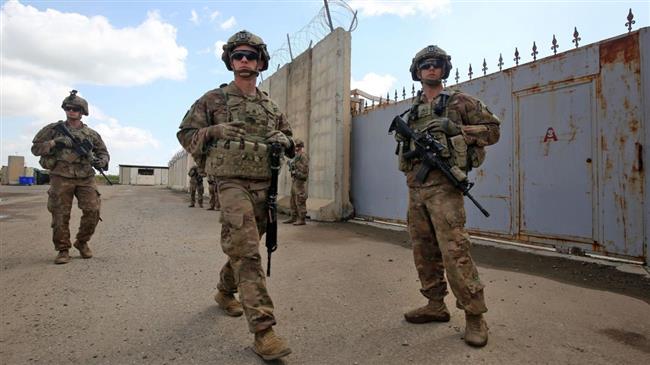
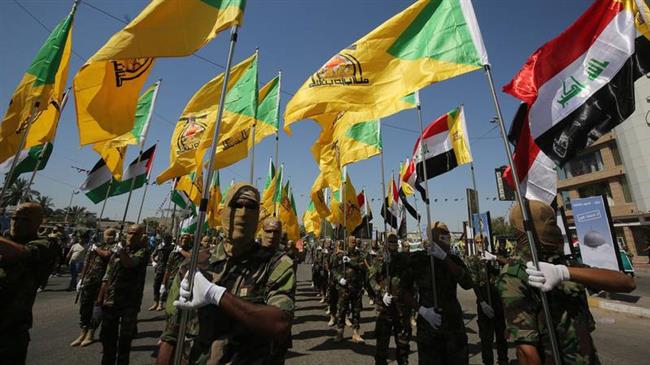
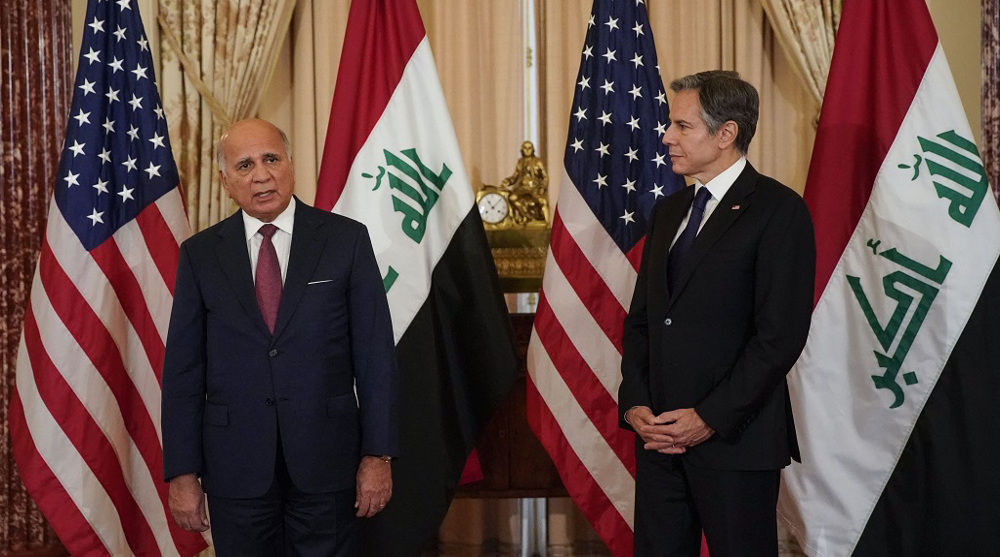
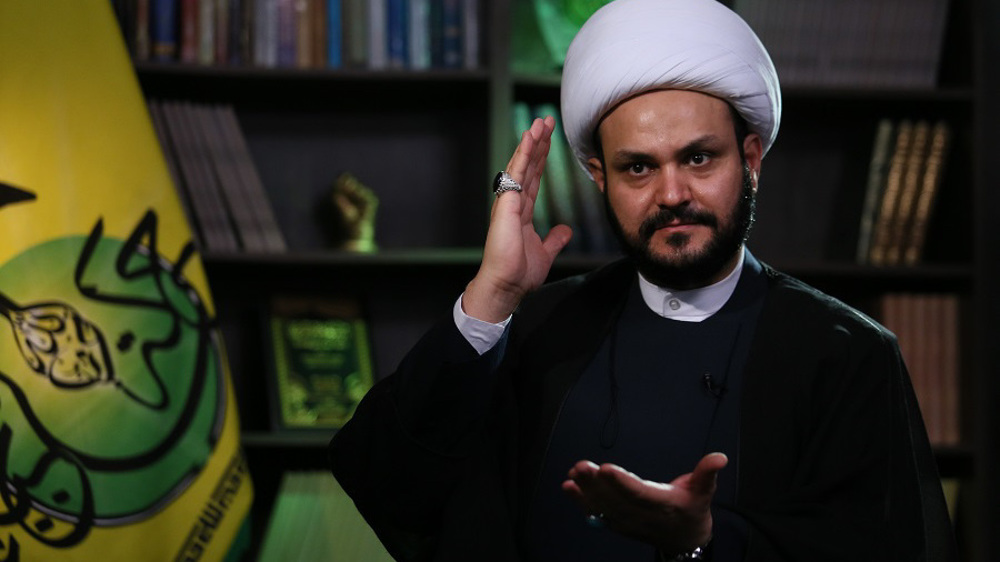

 This makes it easy to access the Press TV website
This makes it easy to access the Press TV website